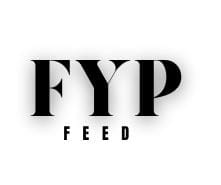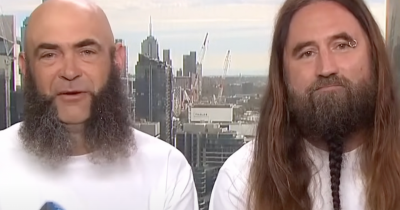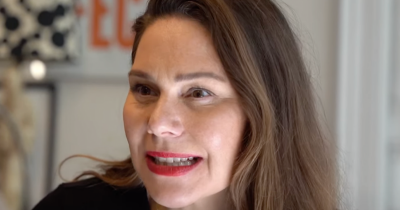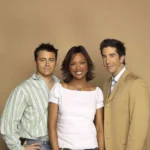Elliot Page Admits Regret Over Homophobic Joke in Juno
By fypfeed| Entertainment | 16 July 2025
The actor Elliot Page has expressed regret about a homophobic comment he made in the movie Juno and has admitted that it was the result of a situation which “wasn’t fully registered” at the time, but feels uncomfortable when looking back.
The Oscar Award-nominated actress was adamant about the moment and explained how the film hasn’t held up well over time and how it reveals the issue of outdated representations of LGBTQand people with disabilities in mainstream film.
The film is a Landmark Film with Lasting Cultural Impact
In the year Juno first made available in 2007 it was hailed as a refreshing and funny coming-of-age drama. Written and directed by Jason Reitman and written by Diablo Cody. The low-budget indie comedy was a global success, earning over $230 million in the world on the budget of $7.5 million.
The film centered on the 16-year-old Juno MacGuff, played by Page who suddenly becomes pregnant following a flirtation with her best friend Paulie Bleeker, played by Michael Cera. Instead of proceeding with aborting the pregnancy, Juno chooses to bring the baby through to length and to place the child to adoption.
The film was a hit with critics and viewers alike, and earned the film four Academy Award nominations, including Best Picture and Best Actress for Page who was only twenty-years-old at the moment. Diablo Cody was later able to be awarded an Oscar in the category of Best Original Screenplay.




Although the film has received acclaim however, some of the film’s dialog has come under scrutiny in the years following and one particular joke that Page admits he would prefer was not included at all.
The Joke in Question
The incident is uttered in a lighthearted scene in which Juno is having a chat with Mark Loring, played by Jason Bateman, who along with his wife Vanessa (Jennifer Garner) hopes to adopt the baby of Juno.
Mark states that Vanessa has begun suggesting possible names for babies, such as “Madison.” Juno reacts in a dismissive manner, saying:
“Madison? Hold on a second… Aren’t it something like, a bit gay ?”
In the days prior to the film’s release in the year of its release, this line was barely noticed. But more than two decades later Page acknowledges how blithely homophobia was introduced into dialogue in popular films of the time and how destructive it could be.
“It wasn’t something I totally registered at the time,” Page stated to bustle in a prior interview, reminiscing about the quote. “But, of course, now that I’m older, I do.”
A Pattern in Hollywood
Page said his point that Juno is far from being an isolated incident. “So many movies I loved as a kid are just rampant with homophobia and transphobia and biphobia,” Page declared. “I’m not excusing it by any means, but it was everywhere.”
In fact, re-examinations of pop culture of the 1990s and 2000s frequently highlight how jokes made on behalf of LGBTQor other minorities were accepted as normal in everything from sitcom quips to blockbuster film productions.
Page has since been a vocal advocate for a more inclusive Hollywood. He said that the homophobia portrayed in these jokes reinforced stereotypes of a negative nature and created a culture in which LGBTQ+ people were viewed as targets of ridicule, instead of fully real characters.
Choosing Silence at a Table Read
The remorse is so strong that Page has decided not repeating the phrase in subsequent settings.
At the Planned Parenthood event that staged live readings from Juno’s script, Page remained silent. Juno story, Page skipped over the joke, refusing even to talk about the joke even for the sake of nostalgia.
This was an intentional choice that for Page was a symbol of how both he and the business have changed.
Fame and Identity Struggles
In his memoir of 2023 Pageboy which was published shortly after he came out as a transgender person, Page discussed the complicated emotions he had to face after getting famous for his role on Juno.
While the performance earned his international fame and the praise of critics however, it also established his place in the popular imagination as a teenager -which was in stark contrast with his authentic his own.
His writings focused on how the feeling of being praised by a persona rooted in a persona that didn’t represent who he truly was made him feel trapped. The incongruity between external praise and inner struggle led to mental health problems.
The Broader Conversation About Representation
Page’s remarks feed into an debate over the way LGBTQ+ people are represented in mainstream media. In the last two decades there has been a major change in the way that LGBTQ+ people are represented:
- Increased visibility Increased visibility: More LGBTQ+ characters are appearing in television and film than at any other time during Hollywood history.
- authentic casting Campaigns have advocated for trans and queer roles to be performed by actors with these identities.
- The decline of Stereotypes The use of caricatures or offensive jokes to make jokes has been criticized and many studios are becoming more prudent.
However, challenges remain. There isn’t always a uniform representation all over genres and LGBTQand characters are not as prominent in blockbuster movies compared with streaming and independent cinema.
Page has been open about his platform’s use to promote progress in the field of accurate and respectful representation of LGBTQ+ people can make a an important difference in how people perceive and feel about LGBTQand other experiences.
Why It Matters
While a single line in an upcoming film could appear to be insignificant, Page stresses that even “small” jokes can have serious effects. For younger viewers, specifically those who are unsure of their identity, the idea of watching beloved characters casually associate the name of a person to having a sexual orientation that is “too gay” sends a negative, mocking signal.
Cultural critics say that this language perpetuates the feeling of guilt and loneliness — and that eliminating or changing the way in which these experiences are portrayed is a part of the responsibility of the industry in its progress.
A Film That Endures
Despite the debate, Juno remains an iconic cultural icon. The sharp dialogue, the quirky soundtrack, and gentle exploration of teenage pregnancy are still popular with viewers.
For Page However his legacy will be a bit tangled. It’s both the film which launched his career, as well as a reminder of the cultural gaps of its time.
“I think about that line a lot,” Page acknowledged. “It’s not something that I’m proud of. Recognizing it is a an important aspect of progress.”
Conclusion
Nearly two decades since Juno was the first to was released in cinemas, Elliot’s reflection on one joke shows how society — as well as the film industry have transformed its approach to LGBTQand issues.
An actor’s ability to face their past to acknowledge mistakes, admit faults, and push for greater representation serves as an example of progress being an continuous process.
For a lot of people, Juno will remain a favorite film. However, for Page as well, it will always be a memory of how the the words spoken onscreen can echo beyond the glee they initially intended to create.
